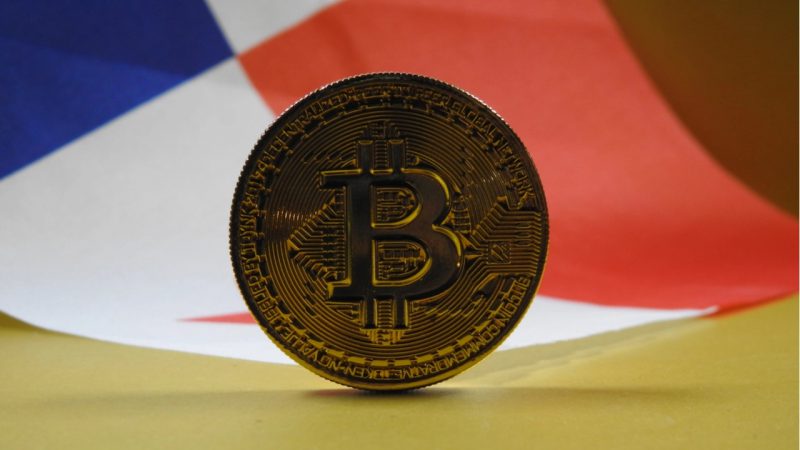The Panama Legislative Assembly, in the plenary session, has approved a bill to regulate cryptocurrency use in the country.
The cryptocurrency bill was approved in a session on Thursday. The details of the bill were introduced on Twitter through a tweet by Congressman Gabriel Silva.
“The only thing missing is for the President to sign it. Thank you to all who helped. This will help create jobs and financial inclusion.”
Congressman Gabriel Silva

Panama paves the way for bitcoin and other cryptos
The Assembly announced the details and informed the public about the new law that “the law regulates the trading and use of crypto-assets, the issuance of digital value, tokenization of precious metals and other assets, payment systems and other provisions.”
The Panamian Legislative Assembly passed the cryptocurrency bill last week before it got the approval today.
Silva stated that the “bill will provide legal stability to crypto assets in Panama and develop the crypto industry in the country to attract more investments and generate more employment.”
He also added that the blockchain technology and its adaptation by the Panamian government would help in increasing the efficiency and transparency of the activities.
Panamanians can now utilize crypto assets as a form of payment for any civil or commercial transaction that is not banned by Panamanian law.
The law was adopted by the assembly with 38 votes in favor, two abstentions, and 0 votes against it. It now goes to President Laurentino Cortizo for signature.
Despite establishing a framework for the use of bitcoin and other cryptocurrencies as payment methods in the Panamanian economy, the country has yet to make bitcoin legal tender in countries such as El Salvador and the Central African Republic.
Last year, El Salvador became the first country in the world to recognize bitcoin as a legal tender, and the Central African Republic became the second country to do so recently.





